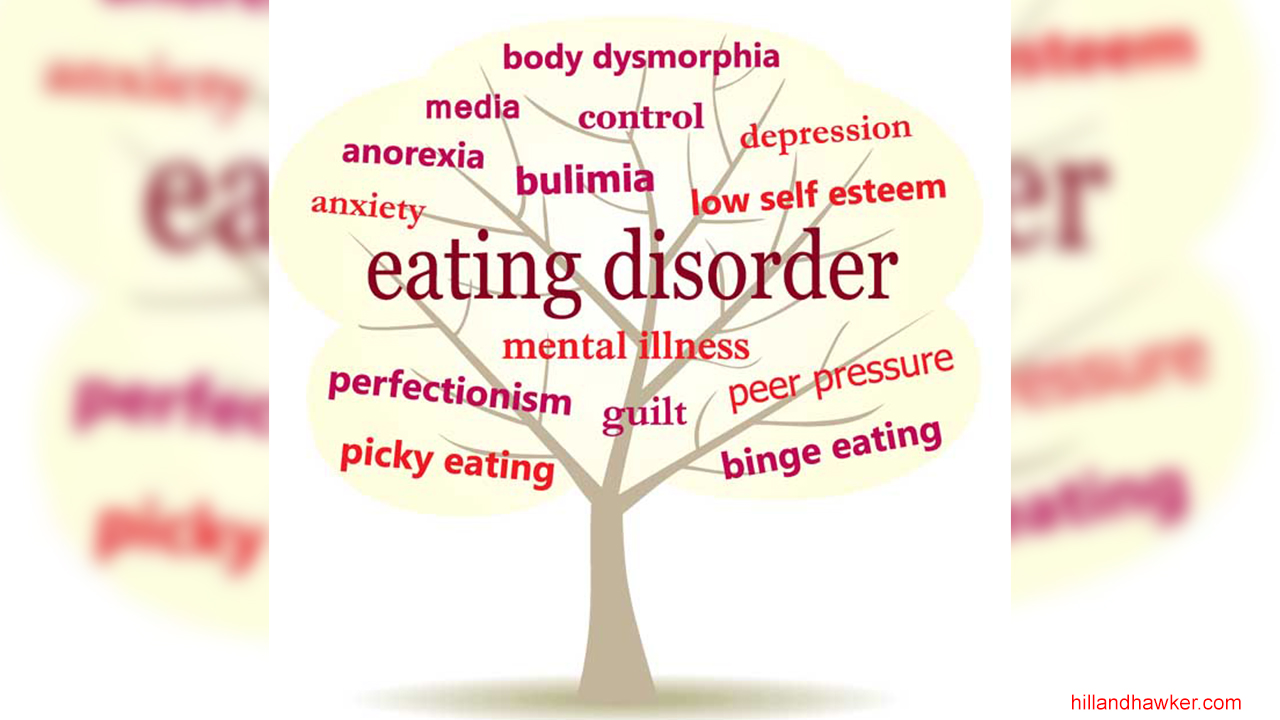A person is said to be suffering from eating disorder if he or she remains preoccupied with thoughts of or is overly concerned about eating, exercising, body shape, and weight. In general, the cause of eating disorder is rooted in low self-esteem and underlying psychological issues. Such people may refuse to eat certain foods or even eliminate entire categories like carbohydrates, from their diets.
Eating disorders are marked by extreme mood swings, and withdrawing from activities and friends they once used to enjoy. Frequent fluctuation in weight, stomach cramps, and other non-specific gastrointestinal complaints also point towards eating disorder.
In case of eating disorder in children parents should encourage healthy eating habits, having a balanced diet. Fostering self-esteem, and promoting a healthy body image. Seek out positive attributes in child. The parents need to make sure the child knows that your love is unconditional and is not dependent of physical appearance.
There is no prescribed method of preventing eating disorder. Some people are at a higher risk than others because of biological and psychological factors such as facing puberty, dealing with socio-cultural pressure, or having a parent history with eating disorder. Children who are perfectionist and are victim of anxiety, are also prone to eating disorder.

 It manifests in different ways through attitude and behaviour towards eating.
It manifests in different ways through attitude and behaviour towards eating.









.jpeg)






.jpeg)





.jpeg)



.jpeg)
.jpeg)
